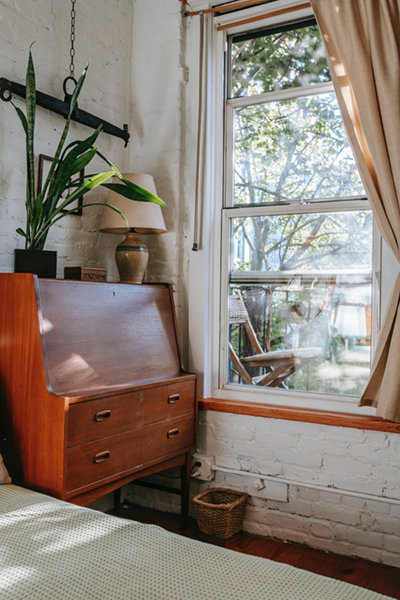Residential Landlords
 Have a tax advantage over others when it comes to renting out rooms. But firstly, let's define what this is.
Have a tax advantage over others when it comes to renting out rooms. But firstly, let's define what this is.
Residential Landlords
 Have a tax advantage over others when it comes to renting out rooms. But firstly, let's define what this is.
Have a tax advantage over others when it comes to renting out rooms. But firstly, let's define what this is.
What are they
One who lets out part of a property which is their only or main home. They don't have to be a freeholder or leaseholder; they could be a tenant.
Under these circumstances, they can get some beneficial tax concessions except where:-
- the property has purpose-built flats, with landlord and occupier in different flats
- the landlord does not live in the same property as the occupier
These circumstances make the landlord status as standard 'landlord'. Do not be tempted to automatically call this 'non-resident landlord' as this is interpreted by HMRC as meaning that the landlord predominantly resides outside the UK. Find out more about this non residential landlords scheme.
Overseas Nationals can also be live-in landlords with the same rights, tax allowances and duties as UK nationals.
Landlord Tax
The first £1000 of property rental income is tax-free. Thereafter you may need to register for self-assessment. There are various schemes for different types of rentals
Rent a Room
For live-in landlords there is a potentially beneficial tax relief option.
The HMRC Rent a room scheme allows (in 2023) such landlords to receive up to £7500 per annum rental free of tax and without necessarily having to report it to the tax authorities.
If there is a joint owner of the property and they are receiving rental income from the same property then this is reduced to £3750.
If the annual income is less than the allowance, then the landlord does not need to declare it or to register for self-assessment. If they are already registered, then they will need to affirm it and can reclaim the amount when filling in their tax return.
The landlord cannot set off any expenses against this allowance, so there may be times when it is better to just treat the rental as normal income on the tax return.
To qualify for this, the landlord must be renting a furnished room to a lodger, or be a trade, such as a bed and breakfast or guest house, or be providing services such as room cleaning or meals.
This scheme is of great benefit to the very infrequent renter of rooms who have no declarable income. They do not have to register or reveal anything. This could be, for example, where they rent out once a year for some sporting event in their locality and receive less than £7500 in the process.
Find out more about the rent a room scheme

Landlord responsibilities
Landlords must always keep rented out property safe and resident landlords are no exception. This includes Gas and Electrical checks, carbon monoxide and smoke detectors.
They should also check the right of the potential lodger to rent in the UK.
House in Multiple Occupancy (HMO)
If 3 or more unrelated are privately renting in one residence, then it will probably be classed HMO. This means that the landlord must have a licence and the obligations are more stringent. More about this on the Government website
